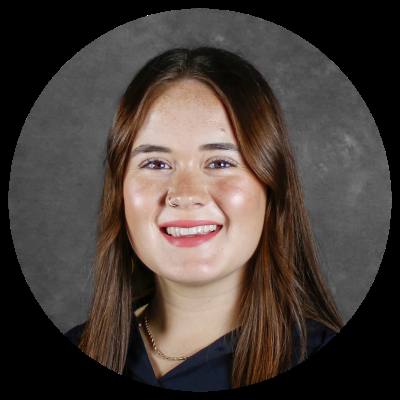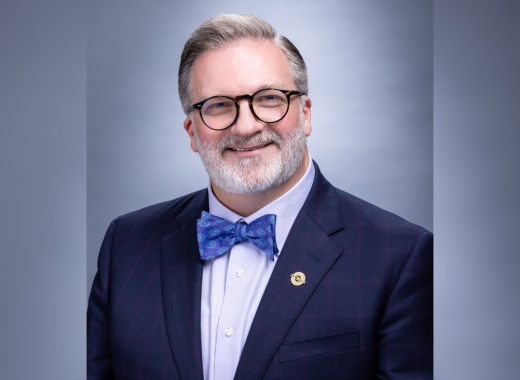Lowery-Hart spoke with Community Impact about his plans for the ACC District and approach to higher education.
What inspired you to work in higher education?
I think I grew up in a family that was challenging, and some would say dysfunctional, and education was always my safe place. Teachers were always the places of encouragement and support. So I've always been drawn to education because of its own impact to me, and I've enjoyed the space of education for that reason.
What led you to pursue this position at Austin Community College?
I've always been impressed by and encouraged by the innovation that happens in Austin, and that it's a place that embraces a willingness to try new things. When I heard that Richard Rhodes was retiring, someone that I've admired and been friends with for a long time, it's the only place that I thought had the resources and the talent and the board leadership to be a place of transformation. I was in a really good place that I loved, and we were having an important impact and winning national awards. But I feel like ACC can be a place that can not just transform our region, but transform higher education across the country, and I wanted to be a part of it.
How would you describe your approach to leadership?
My leadership is based on care and love—that we are committed to loving our students to success, and that means we have to listen to them, know them, respond to them and engage them in helping us redesign ourselves for their needs.
What are some of your priorities for the ACC District?
My first 100 days are built for us to intentionally listen and understand the student experience and the employee experience. Once we have an understanding of how our students receive us and how we as employees engage our students, at the end of that 100 days, I hope that we can identify a clear, big, audacious goal around completion rates or graduation rates; that we will have a clear theory of change that organizes the entire district around how we get to that goal; and that we have deployed data to predict when and how our students need us.
Are there any programs you'd like to start or expand?
I think what I worry about is that the way our society is changing at such a dramatic rate around issues of AI and automation and robotics and bioscience that we don't have programmatic responses to those things yet. We have to prepare ourselves and prepare our existing programs to respond to how these things start impacting the way we live and the way we work. So I think the first 100 days is just designed to learn what our programs are and how they function, and then the next two or three years will be focused on how we innovate those programs that exist, to respond to AI and the big technological shifts.
ACC has not raised tuition in ten years and kept its tax rate low. Is this something you plan to continue?
Completely. I think what makes ACC so powerful and an important partner in the region is that we don't overtax our students or our taxpayers. We're keeping it affordable while having the most innovative, exciting and important technologies. Our students can come into our spaces and access points of learning that they might not ever see in even some of our country's finest universities as freshmen and sophomores in college, and for us to be able to do that, by keeping taxes and tuition low, says a lot about our fiscal responsibility.
What advice would you give to yourself in college?
It would be to trust myself. I just remember questioning myself and the level of insecurity I had about who I was, and if I was on the right path. I would have just told myself to walk in trust and to not be in a hurry to grow up. The process is always more interesting and important to our personal development than the end result.





